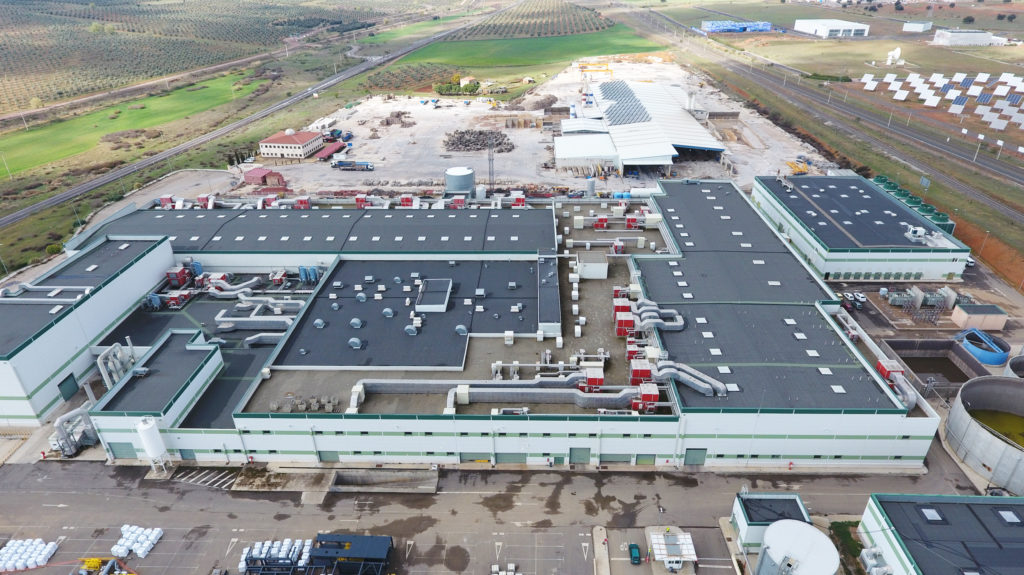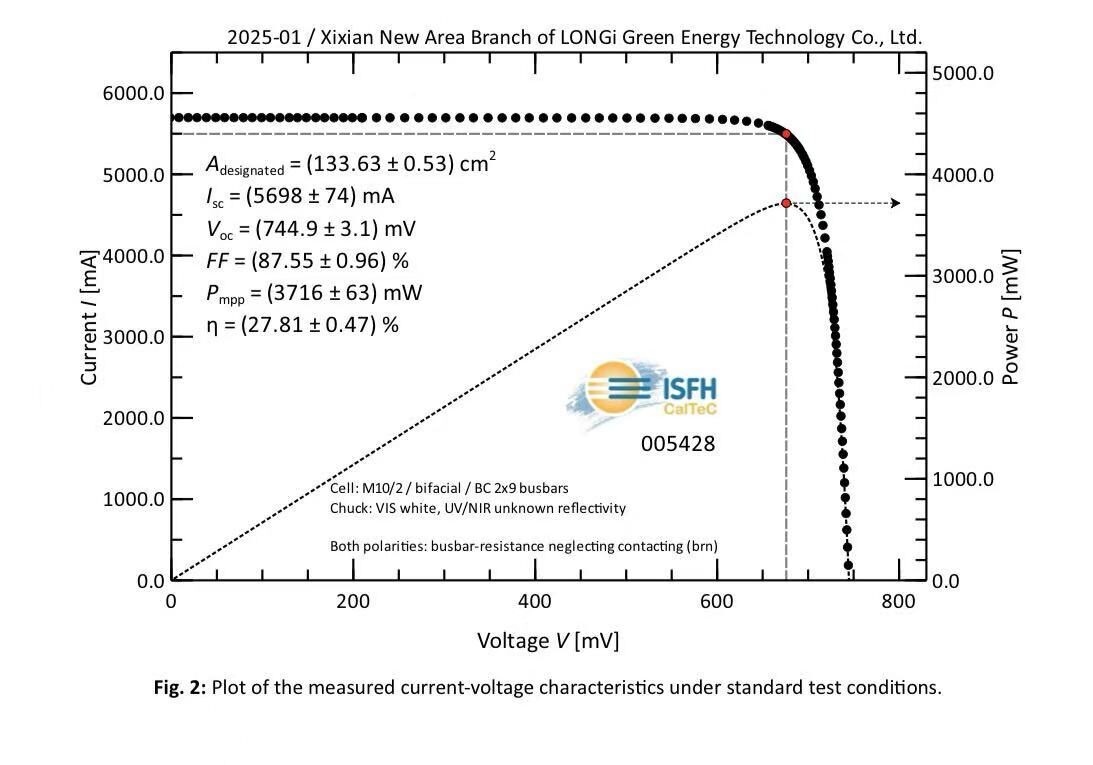From pv magazine Spain.
The bright promise of Spain’s PV manufacturing sector at the beginning of the solar energy era in Europe was wiped out a decade or so ago by policies such as the repeated imposition of retroactive cuts to solar incentives.
However, Spanish firm Aurinka Photovoltaic Group this week announced it intends to start upgraded metallurgical grade silicon (UMG-Si) production in the nation this year, bringing hopes of a revival of PV manufacturing in Europe’s hottest unsubsidized solar market.
Aurinka CEO Benjamín Llaneza told pv magazine his company has developed a low-cost, novel metallurgical-grade-silicon purification process, through a joint venture (JV) with power generation engineering, procurement and construction services provider Técnicas Reunidas and Madrid-based, U.S. and Canadian-owned solar company X-Elio.
Llaneza said the manufacturing process had around a fifth of the carbon footprint typically offered by Asian rivals, even before transport emissions are taken into account.
Sustainability in solar and storage
“In the nineties, when silicon [cost more than] $400 (€365) per kilo, the price of a solar panel was €7 per Watt,” said Llaneza. “[Then we saw] silicon prices of $7 per kilo and module prices of €0.20 per Watt. The purity of the silicon and the efficiency of the modules have been improved but the enormous energy consumption necessary to produce silicon is practically the same, since the purification process has not changed … we continue to distill it. We, who have spent 20 years investing and developing R&D, have [conducted research] to demonstrate that a silicon with a purity of between 99.9999% and 99.999999% gives electrical and longevity results similar to modules of 99.99999999%. So with traditional processes we are wasting energy.”
Aurinka and its JV partners intend to melt, rather than distill, silicon using successive phases during which impurities and harmful elements such as boron and phosphorus will be removed.
Purity
“It is purified to a purity of 99.999999 and we sell it to Asian wafer manufacturers,” added the chief executive.
Llaneza said Aurinka has already manufactured 20 tons of silicon using this process and German testing institute TÜV Rheinland has certified the method, guaranteeing traceability of the material from its initial phase to final manufacturing of the 2 MW of modules that resulted. The 20 tons of silicon were wafer-converted in Ukraine and shipped to China to two of the top five global solar manufacturers.
“With these wafers, we manufactured 2 MW of modules of various technologies with spectacular results, certified again by TÜV Rheinland,” added Llaneza. The modules showed the same resistance to breakage as products made with conventional wafers and their efficiency was only 0.47% below standard, with degradation identical, according to the CEO.
Test project
Some 14 of the low-carbon modules have been installed in an R&D project operated by Spanish infrastructure and renewables multinational Acciona in Tudela, Spain. The test facility will run for 16 months with the performance of the melted silicon panels compared to standard modules featuring the same technology architecture.
“From there [Tudela], they send us monthly reports and the degradation is identical,” said Llaneza. “In view of the good results, we decided to develop a project located in Puertollano that required an investment of almost €60 million and which was very well received, with the Reindus program [for funding small and medium-sized enterprizes] of the ministry of industry giving it the highest score obtained that year … We are very happy about the possibility of re-floating that industry in which Spain was a leader.”
*The article was updated to specify that the factory will produce solar grade silicon, and not wafers as we previously reported.
This content is protected by copyright and may not be reused. If you want to cooperate with us and would like to reuse some of our content, please contact: editors@pv-magazine.com.



By submitting this form you agree to pv magazine using your data for the purposes of publishing your comment.
Your personal data will only be disclosed or otherwise transmitted to third parties for the purposes of spam filtering or if this is necessary for technical maintenance of the website. Any other transfer to third parties will not take place unless this is justified on the basis of applicable data protection regulations or if pv magazine is legally obliged to do so.
You may revoke this consent at any time with effect for the future, in which case your personal data will be deleted immediately. Otherwise, your data will be deleted if pv magazine has processed your request or the purpose of data storage is fulfilled.
Further information on data privacy can be found in our Data Protection Policy.